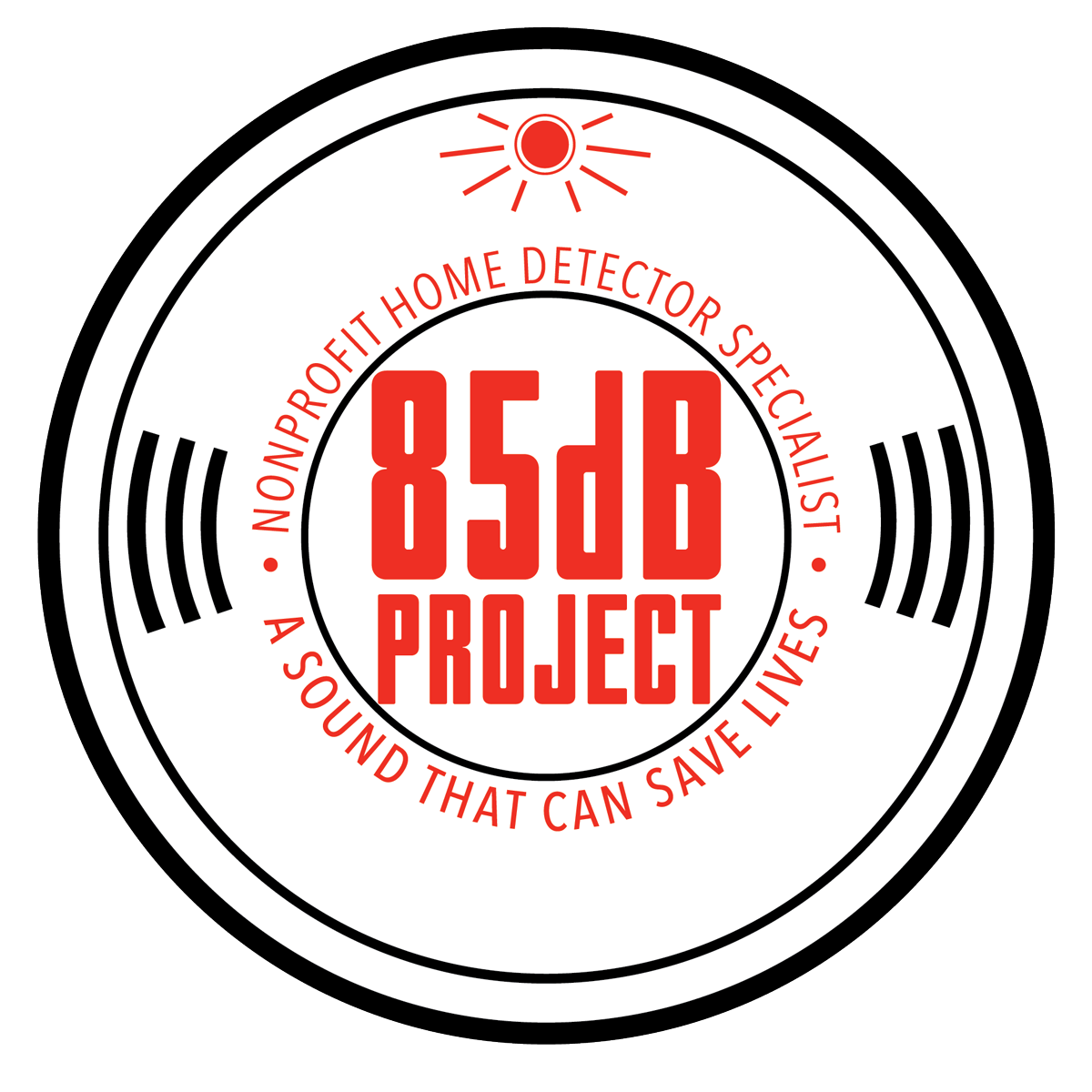The safety of our loved ones is paramount, and one of the most critical aspects of ensuring a secure home environment is having effective smoke alarms. Smoke alarms play a crucial role in detecting potential fire hazards early, providing valuable seconds that can make all the difference in ensuring the safety of your family. In this article, we will explore the importance of smoke alarms, their proper installation and maintenance, and how they contribute to overall family safety.
The Importance of Smoke Alarms
Smoke alarms are the first line of defense against the devastating effects of a house fire. These devices are designed to detect smoke in its early stages, triggering an alarm that alerts residents and provides them with precious time to evacuate. According to the National Fire Protection Association (NFPA), three out of five home fire deaths result from fires in properties without working smoke alarms.
Early Detection Saves Lives
The primary purpose of smoke alarms is to provide early detection of a potential fire. Fires can spread rapidly, and the toxic smoke they produce is often more dangerous than the flames themselves. Smoke alarms can detect smoke before the fire intensifies, giving occupants the chance to escape safely.
Proper Installation Guidelines
Simply having smoke alarms in your home is not enough; proper installation is equally crucial. Here are some guidelines to ensure the effective placement of smoke alarms:
- Install Smoke Alarms in Key Areas: Place smoke alarms on every level of your home, including the basement, and inside and outside each sleeping area. This ensures comprehensive coverage and early detection, especially when family members are most vulnerable.
- Ceiling Mounting: Install smoke alarms on the ceiling or high on the wall, as smoke tends to rise. Avoid placing them too close to windows, doors, or vents, as these areas might affect their performance.
- Interconnection: If possible, interconnect all smoke alarms so that when one alarm is triggered, all alarms sound simultaneously. This ensures that everyone in the house is alerted, no matter where the fire originates.
Regular Maintenance
Simply installing smoke alarms is not sufficient; regular maintenance is crucial for their proper functioning. Here are some key maintenance tips:
- Test Monthly: Test your smoke alarms at least once a month to ensure they are in working order. Most alarms have a test button that can be pressed to simulate a smoke condition.
- Replace Batteries Annually: Replace the batteries in your smoke alarms at least once a year, or sooner if the low-battery warning chirps. Many alarms now come with long-life batteries that may last up to 10 years.
- Keep Them Clean: Dust and debris can affect the performance of smoke alarms. Regularly vacuum or dust the alarms to keep them clean and operational.
Education and Emergency Planning
In addition to installing and maintaining smoke alarms, it is essential to educate your family about fire safety and create an emergency evacuation plan. Conduct regular fire drills, ensuring that every family member knows the escape routes and the designated meeting point outside.
Conclusion
Family safety is a responsibility that should not be taken lightly. Smoke alarms are indispensable tools in safeguarding your loved ones from the devastating consequences of a house fire. By following proper installation guidelines, conducting regular maintenance, and educating your family on fire safety, you can significantly enhance the effectiveness of smoke alarms in protecting your home. Remember, the small investment of time and effort in ensuring the proper functioning of smoke alarms can make a life-saving difference in the event of a fire.


